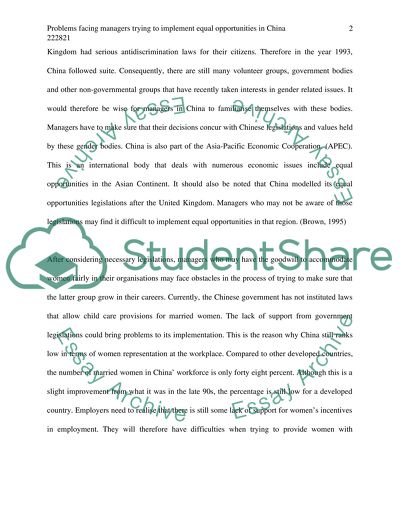Cite this document
(Problems Facing Managers Trying to Implement Equal Opportunities in Ch Term Paper, n.d.)
Problems Facing Managers Trying to Implement Equal Opportunities in Ch Term Paper. Retrieved from https://studentshare.org/human-resources/1504571-implement-equal-opportunities
Problems Facing Managers Trying to Implement Equal Opportunities in Ch Term Paper. Retrieved from https://studentshare.org/human-resources/1504571-implement-equal-opportunities
(Problems Facing Managers Trying to Implement Equal Opportunities in Ch Term Paper)
Problems Facing Managers Trying to Implement Equal Opportunities in Ch Term Paper. https://studentshare.org/human-resources/1504571-implement-equal-opportunities.
Problems Facing Managers Trying to Implement Equal Opportunities in Ch Term Paper. https://studentshare.org/human-resources/1504571-implement-equal-opportunities.
“Problems Facing Managers Trying to Implement Equal Opportunities in Ch Term Paper”, n.d. https://studentshare.org/human-resources/1504571-implement-equal-opportunities.


